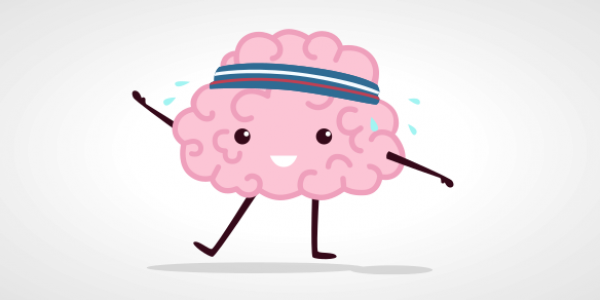What Happens When We Eliminate Boredom?

Right there in your pocket, you have a device that can entertain your brain any time you want, and you'll never have to feel bored again. But, is there a cost to never being bored?
Facebook. Instagram. Twitter. Snapchat. Twitch. Pinterest. Linkedin. Netflix. Hulu. Amazon. Apple. Microsoft. Sumsung.
Those are just a few of the companies that are competing for your attention. They really, really want it. All of it. These companies want you to watch, look at, or listen to their content. They spend billions and billions of dollars just to get you to pull up your phone and become interested in what they have to show you.
Human beings tend to not like being bored. Boredom is an uncomfortable feeling, and when we get bored we look for ways to… well, not feel bored anymore. So, if we’re sitting around, we’ll probably seek out stimulation to make the boring feelings go away. Smartphones have become perhaps the most efficient boredom killer ever invented, providing literally millions of apps all vying for the chance to prove how well they can make you stop feeling bored, all right in your hand.
But, what happens when we no longer feel bored? What is the purpose of boredom to the human mind, and what might happen if we take that away?
Manoush Zomorodi is an author and the host of Note to Self, a tech podcast about being human in a tech-influenced world, and she has been wondering this same question. She has interviewed neurobiologists and psychologists, researchers and practitioners, all of whom point to the important role boredom has in facilitating creativity in the human brain, and the concern that by removing the opportunity to be bored we might be reducing our capacity to come up with new ideas.
So, dear readers, I ask you to please watch her TED Talk above. Then, if you have any thoughts about this notion about boredom as a catalyst for creative thought, we’d love to hear them! Please check out our Facebook page (I recognize the weird irony in this request) and leave a comment under the heading for this article.
Related Articles

Exercise Your Body, Exercise Your Brain
For years, we’ve had an inkling that exercise may be good for the brain. But now, researchers are beginning to understand how this could be!


Laughter: Good for Your Brain
Stop me if you heard this one: humor and laughing is really good for you. That's not a joke. It's science!





